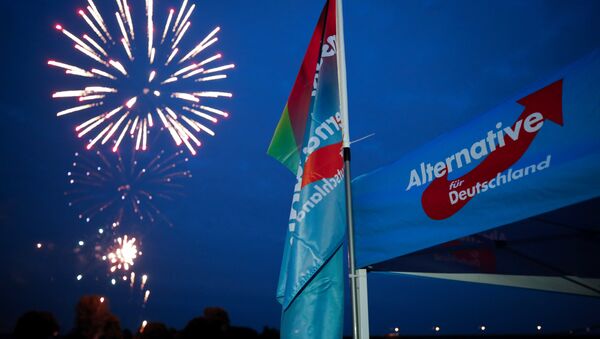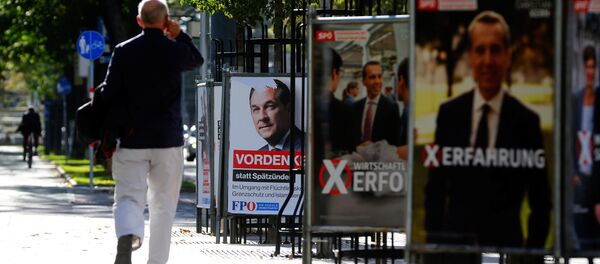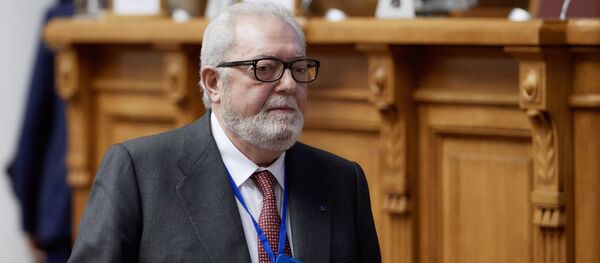Speaking about the success of right-wing parties in Europe, Nathalie Tocci, the special adviser to EU foreign policy chief Federica Mogherini has said that "it's a phenomenon to recognize, it is indeed part of democratic politics, but let's not overblow it."
"There is normalization of some of these extreme right-wing movements within Western European political systems — that's true, we cannot deny [it], that but these are not becoming majority forces," she said on the sidelines of Valdai Discussion Club meeting in Sochi.
According to Tocci, while the recent prominence of these parties had been a source of concern for those Europeans who were "pro-EU and liberal-leaning," far-right movements should not be impeded in any way.
"Likewise, when we are talking about Germany, it is a matter of concern to have a party like the AfD, but it is a party that has 13 percent and all other parties are actually fairly pro-European. I think we need to put it in perspective. They [the far-right] have lost in France, they are not a majority in Germany, they are not the majority in Austria or the Netherlands," Tocci said.
Moreover, French National Front's (FN) candidate Marine Le Pen made it to the presidential run-off in May, but lost to centrist Emmanuel Macron. The party holds eight seats in the 577-seat National Assembly and two seats in the 348-seat Senate.
In its turn, the Netherlands has also seen a rise of right-wing party's popularity with the Dutch Party for Freedom (PVV) coming second in the March legislative election, gaining 13.1 percent of the votes.
On Standoff Between Barcelona and Madrid
According to the politician, "the EU can't formally be a mediator because it hasn't been asked to be a mediator."
"That doesn't mean to say that the EU cannot encourage dialogue because indeed the only way to get out of [the row] is through dialogue. [The EU] can encourage it, it can call for it. It cannot impose anything," Tocci added.
The diplomat went on to note Catalonia's recent criticism of the European Union, specifically that the continental bloc "should be doing more," stressing that it was only Madrid that could ask it to intervene.
A day after the independence referendum, Catalan leader Carles Puigdemont called on the European Union to intervene and help broker the regional authorities' negotiations with Madrid to resolve the disagreements.
On October 10, Puigdemont urged the regional parliament to suspend the declaration of the region's independence and instead push for talks with Madrid. In response, the central authorities set Monday as a deadline for Puigdemont to clarify the status of Catalonia. Puigdemont, in turn, called for a dialogue. On Monday however, Catalan authorities failed to provide a response, prompting the central government to extend the deadline until 08:00 GMT on Thursday.
Earlier this day, the Spanish Constitutional Court ruled that the Catalonian law on holding the independence referendum passed by the local government was illegal.






